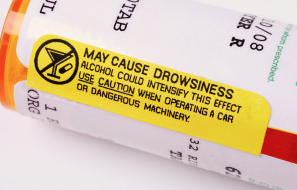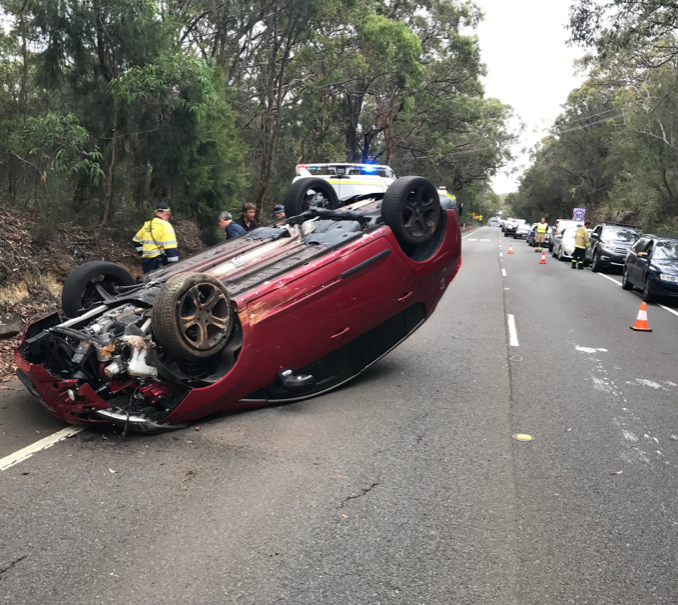And many of them are not informed that their driving can be impacted
Nearly 50% of drivers aged 16 and up have admitted using one or more drugs with potentially impairing effects (antihistamines, cough medicines, antidepressants, prescription pain medications, muscle relaxers, sleep aids — including barbiturates and benzodiazapines — or amphetamines) in the past 30 days.

More concerning, many who take medications to combat depression, pain, or sleep issues claim they were not warned by their healthcare provider regarding the possible dangerous impact on driving. Many potentially driver impairing medications have potential effects that can be dangerous when mixed with driving, including dizziness, sleepiness, fainting, blurred vision, slowed movement, and attention problems.
Some but not all of these medications show up in the random police drug testing and it’s important to state that currently driving a motor vehicle with some of these medications in your system is not currently unlawful.

A large amount of the choice to drive or not to drive comes down to the individual. For most part this goes unnoticed until the unspeakable occurs. In the event of a fatal road incident, who holds responsibility? A drivers General Practitioner, the pharmaceutical company its self or the driver?
www.gdlauto.com.au https://gdlauto.com.au/blog/
https://www.facebook.com/GDLAutomotive
https://www.facebook.com/gdlsubaruparts
https://www.instagram.com/accounts/login/?next=https%3A%2F%2Fwww.instagram.com%2Fgdlautomotive%2F
https://www.instagram.com/accounts/login/?next=https%3A%2F%2Fwww.instagram.com%2Fgdlautoparts%2F
https://www.linkedin.com/in/dannie-ly…
https://www.tiktok.com/@gdl_autosport?
Have a project car that needs parts or a daily that needs more go? We have what you need. www.gdlautosport.com.au – performance parts https://parts.gdlauto.com.au

